
Commentary Feature
This element is something that Fordham can rotate out to highlight a resource of something very topical. The feature itself is “showing” Fordham-National policy work while the supporting copy is “telling” the user about Fordham-national policy work.

Resources for learning from home during Covid-19 school closures
With more than half of states closing their schools due to the coronavirus pandemic, hundreds of thousands of parents, grandparents, and other caregivers have become de facto “home schoolers” practically overnight. Students in this situation will likely be spending a fair amount of time on screens—as a lifeline, respite, or both. We have compiled some excellent suggestions—updated several times since initial publication—for making at least some of that time educational.

Resources for learning from home during Covid-19 school closures

Smiling through: Thirty-two resources for entertaining energetic preschoolers during daycare and preschool closures

Great YouTube channels for middle schoolers and high schoolers for learning from home during COVID-19 school closures

Ways your whole family can volunteer during the COVID-19 crisis

A test for the test: Moving the AP exams online

6 ways districts can deliver quality virtual instruction
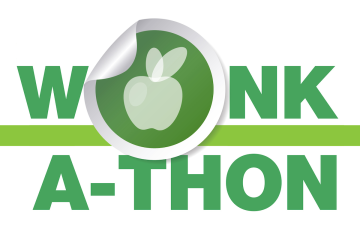
The best way to help students who are several grade levels behind is to do a better job of following their progress, or lack of it, in the long term
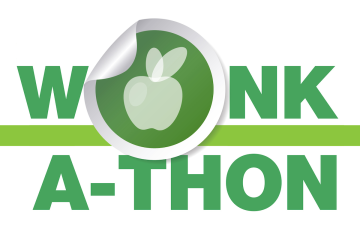
Closing student achievement gaps requires both rigorous grade-level work and personalized learning

Why hiring more veterans as teachers would benefit them, our communities, and our children
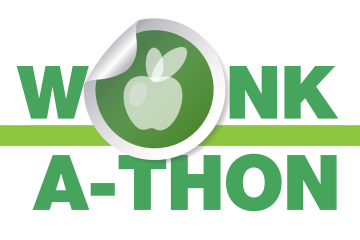
2019 WONKATHON RUNNER-UP: Teachers and curricula aren’t enough for below-grade-level students. They also require scalable strategies tailored to their needs.
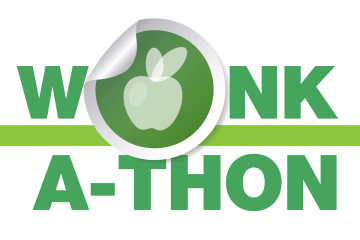
Fostering teacher quality and expertise is the best way to help students who are several grade levels behind

NAEP 2019: The terrible impact of the Great Recession
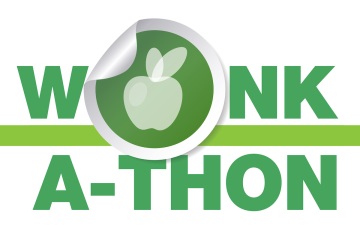
To ensure success for all students, state assessment makers must be learners, too
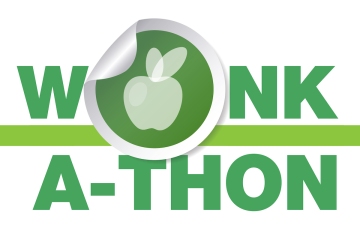
If we want to accelerate student learning, we need to redesign the school day
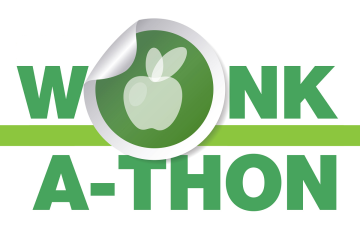
Parent communication, not data, is the problem when it comes to below-grade-level students
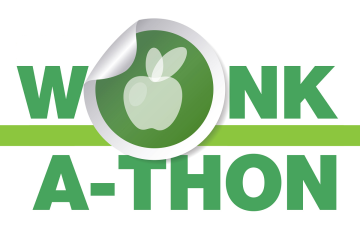
Engaging families, early and often, is the best way to help students who are several grade levels behind
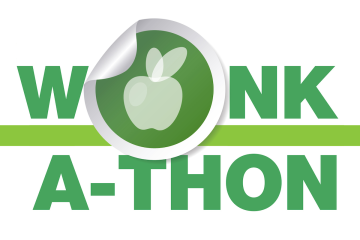
Staying on the shelf: Why rigorous new curricula aren’t being used

High achievers are doing better on NAEP, and that’s good news. Period.
The Education Gadfly Weekly
Fordham's flagship newsletter with the latest in news, opinion, and analysis from our staff and featured guest authors